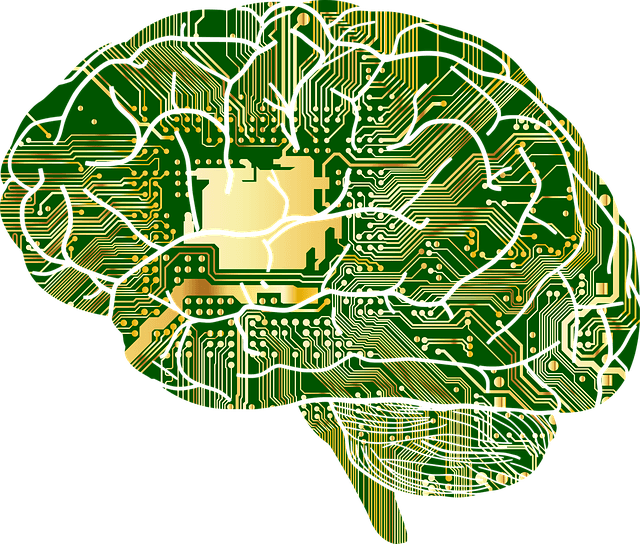With the advancements in AI (artificial intelligence) over the past few years, many people are either fearful of what can occur one day (SkyNet from Terminator movies), or have no idea how much AI is actually used everyday. I am not sure if AI will one day “replace” human capabilities, but it is hard to argue that things are not trending that way. For those of you who are fearful, hopefully by reading this article and Changing Your Lens, you will understand the positive ways we continue to use AI today.
For background, AI is defined as an area of computer science that emphasizes the creation of intelligent machines that work and react like humans.
AI is all around us in 2020. For that reason I have provided some examples below:
• Conversation – SIRI & ALEXA are perfect examples of AI using NLP, (natural language processing). These devices can turn off my lights, order my groceries, unlock my doors, etc. all through communication with an intelligent machine.
• Recognition – Google/Apple Image Search show how we are using AI for recognition. I can scan an image I know nothing about and can use Google or Apple to learn what the image is, who is in it, where it was taken, etc.
• Insight using Predictive Analytics – This is very prevalent in healthcare. Medical practitioners can determine what medicines are most effective on their patients, which patients are at highest risks for certain diseases and disabilities, etc.
• Trust – This is one thing that may be debatable where AI is playing a role in how/what we trust as humans. However, when the topic of blockchain technologies and bitcoin are introduced, it is very easy to see how some humans are trusting an unproven technology to play a role in their finances.
• Awareness (IoT) – We continue to rely on AI through IoT a great deal to keep us aware. We do this through IoT devices such as thermostats, security systems, appliances, lighting, and a ton more.
AI is here to stay. In a report last year from PWC, it is estimated that AI will contribute up to $15.7 trillion to the global economy in the next 10 years alone.
If you need help better understanding the value of effectively using technology that is currently available in the marketplace, please reach out to me.


